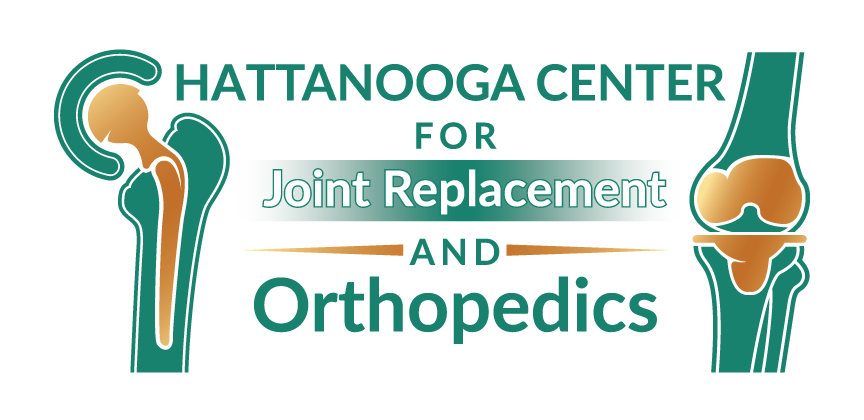Known risk factors related to OA
OA is caused by a variety of reasons. Women tend to have more OA problems than men, and it is also common for older people to develop OA. Other risk factors include:
- Genetics
- Being overweight
- Sedentary lifestyle
- Defective cartilage or bone
- Joint injury
- Overuse of the joint
- Having prior other forms of arthritis
- Underactive thyroid
- Having Gout or Paget’s disease of bone
When should you come to CCJRO for treatment?
- If you are coping with consistent pain.
- If you experience pain for more than two weeks.
- If you hear popping or crackling in your knee.
As OA progresses, it worsens with time, and unfortunately, there is no cure. Treatment can slow the progression of OA to help decrease friction in the joint, as well as relieve pain. If you are enduring consistent pain, schedule an appointment with us right away. Make the decision today to get relief from joint pain.
